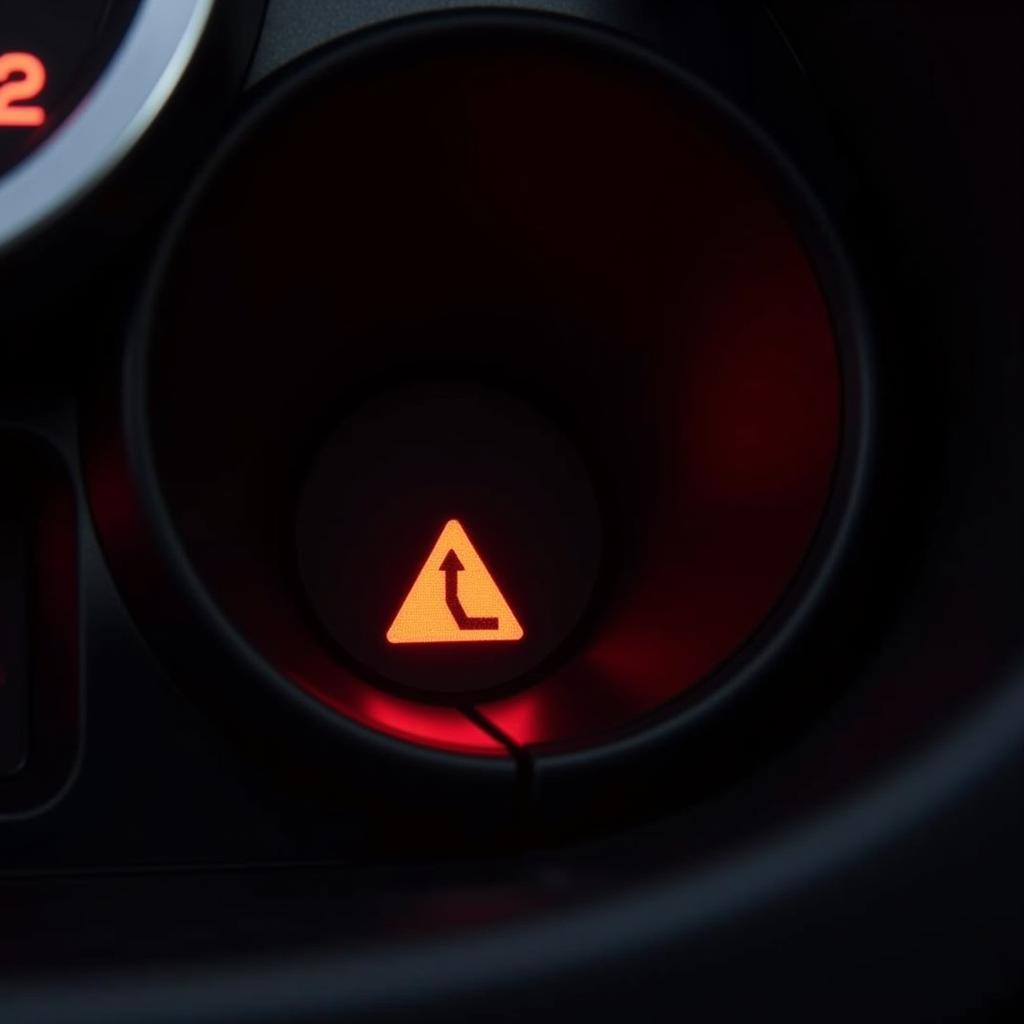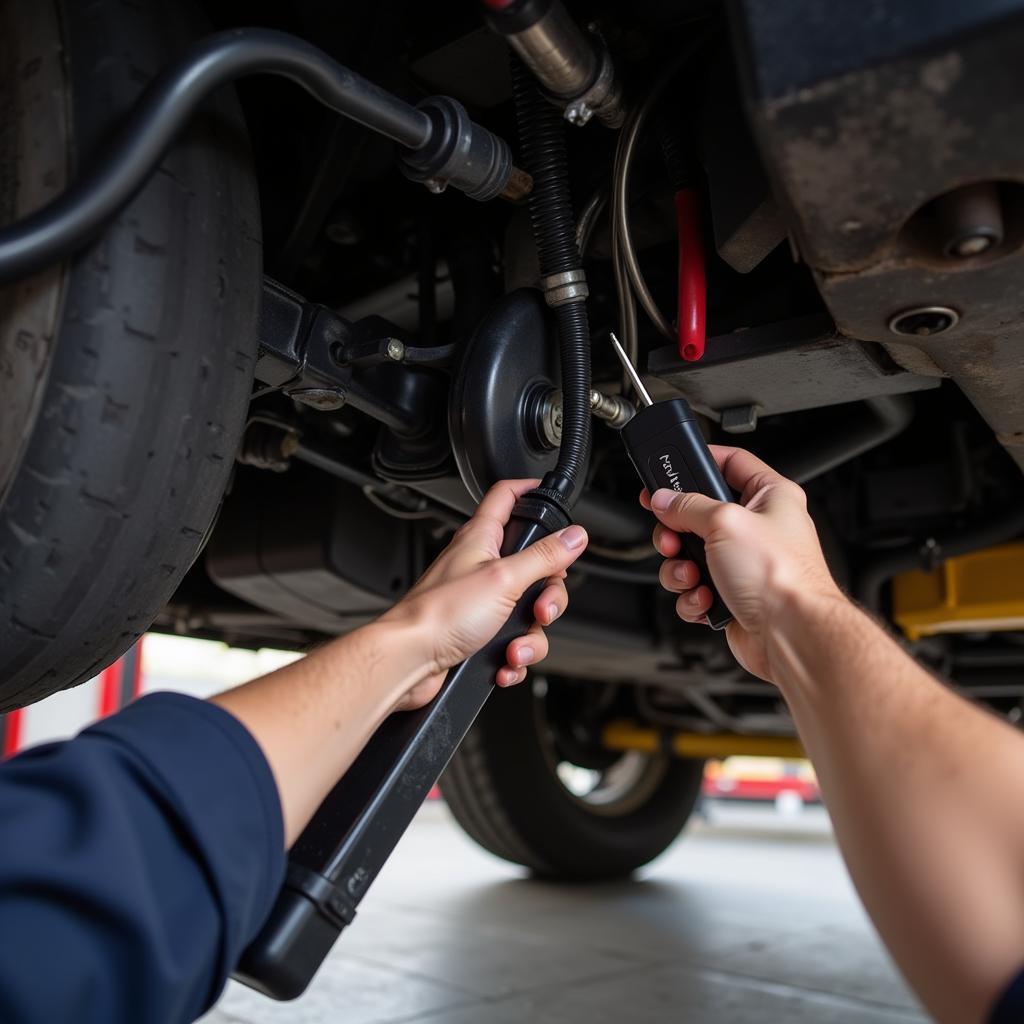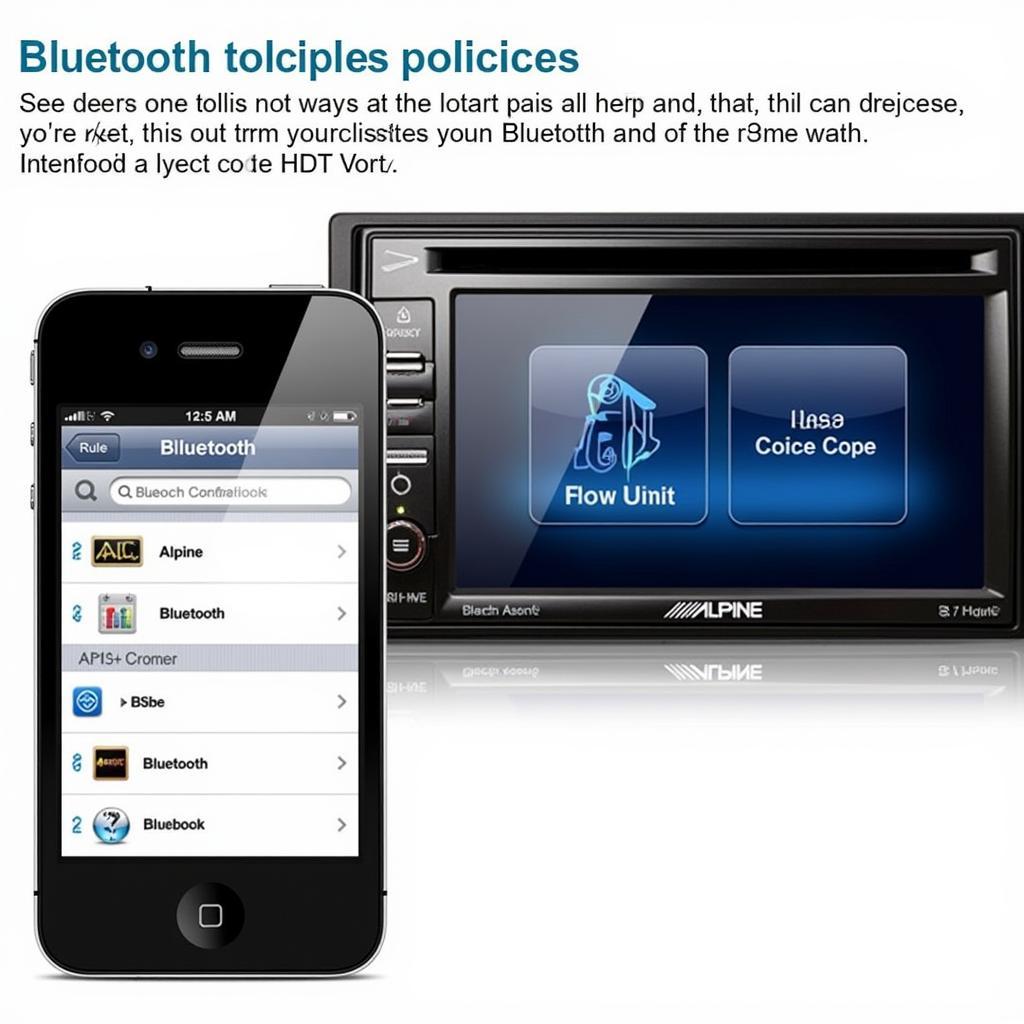The Nissan 370z, with its sleek design and powerful engine, is a dream car for many. However, even dream cars can have minor annoyances. One such annoyance is the persistent emergency brake warning, which can sometimes linger even after you’ve disengaged the brake. While this safety feature is crucial for preventing accidents, a malfunctioning warning can be frustrating.
This comprehensive guide will walk you through the possible reasons behind a lingering emergency brake warning in your 370z and provide you with effective solutions to disable it. We’ll also explore some preventive measures to help you avoid this issue in the future.
Understanding the Emergency Brake Warning System
Before we dive into the solutions, it’s essential to understand how the emergency brake warning system works in your 370z. This system is designed to alert you if the emergency brake is engaged while driving or if there’s a malfunction.
The system typically consists of:
- Emergency Brake Lever Sensor: This sensor detects whether the emergency brake lever is engaged or disengaged.
- Brake Fluid Level Sensor: This sensor monitors the brake fluid level in the reservoir.
- Warning Light/Message: When the system detects an issue, it triggers a warning light on the dashboard, often accompanied by a chime or message.
 370z Dashboard Emergency Brake Warning Light
370z Dashboard Emergency Brake Warning Light
Common Causes of a False Emergency Brake Warning
Several factors can cause the emergency brake warning to stay on even after releasing the handbrake. Here are some of the most common culprits:
- Sticking Emergency Brake Cable: Over time, the emergency brake cable can become corroded or frayed, causing it to stick and prevent the lever from fully disengaging.
- Faulty Emergency Brake Lever Sensor: Like any other sensor, the emergency brake lever sensor can wear out or malfunction, sending a false signal to the car’s computer.
- Low Brake Fluid Level: The emergency brake system shares the same fluid reservoir as your hydraulic brakes. If the brake fluid level is low, it can trigger the emergency brake warning.
- Worn Brake Pads: While not directly related to the emergency brake, severely worn brake pads can sometimes trigger the warning light as they indirectly affect the brake fluid level.
- Electrical Glitch: Occasionally, a temporary electrical glitch in the car’s system can cause false warnings, including the emergency brake warning.
Disabling the Emergency Brake Warning: Step-by-Step Solutions
Now, let’s get down to addressing the issue. Here’s a step-by-step guide to help you diagnose and resolve the problem of a persistent emergency brake warning in your 370z:
1. Check the Emergency Brake Lever:
- Start by ensuring that the emergency brake lever is fully released. Sometimes, the lever might feel like it’s down, but it might not be completely disengaged.
- Give the lever a few firm pushes and pulls to ensure it moves freely.
2. Inspect the Brake Fluid Level:
- Locate the brake fluid reservoir under the hood.
- Check the fluid level. If it’s below the “MIN” mark, add the recommended brake fluid until it reaches the “MAX” line.
3. Inspect the Emergency Brake Cable:
- Trace the emergency brake cable from the lever to the rear wheels.
- Look for any signs of damage, fraying, or corrosion. If you notice any issues, the cable will need to be lubricated or replaced.
 Mechanic Inspecting the Emergency Brake Cable of a Nissan 370z
Mechanic Inspecting the Emergency Brake Cable of a Nissan 370z
4. Reset the Warning Light:
- If the warning persists after checking the above, try resetting it.
- Disconnect the negative terminal of the car battery for a few minutes, then reconnect it. This can often resolve temporary electrical glitches.
5. Consult a Professional:
- If none of the above steps work, it’s best to take your 370z to a qualified mechanic or dealership.
- They have the expertise and diagnostic tools to identify and fix more complex issues, like a faulty sensor.
Expert Insight from John Miller, Certified Nissan Technician:
“I often see 370z owners concerned about the emergency brake warning. While it’s essential to address, remember that simple solutions often work best. Start by checking the brake fluid and ensuring the lever is fully disengaged. If the problem persists, a professional inspection is always recommended.”
Preventing Future Emergency Brake Warning Issues
Prevention is always better than cure. Here are some tips to help you avoid encountering the emergency brake warning in the future:
- Regular Maintenance: Adhere to your 370z’s recommended maintenance schedule, including brake fluid flushes and inspections.
- Engage the Emergency Brake Regularly: Even if you primarily park on flat surfaces, engage the emergency brake occasionally to keep the cable moving freely.
- Address Brake Issues Promptly: Don’t ignore any signs of brake problems, such as squeaking, grinding, or a spongy brake pedal.
Conclusion
A persistent emergency brake warning in your Nissan 370z can be a nuisance, but it’s usually resolvable with some basic troubleshooting. By understanding the common causes and following the solutions outlined in this guide, you can disable the warning and get back to enjoying the thrill of driving your 370z. However, if the problem persists, don’t hesitate to seek professional help.
Remember, maintaining your car’s braking system is crucial for your safety and the longevity of your vehicle.

